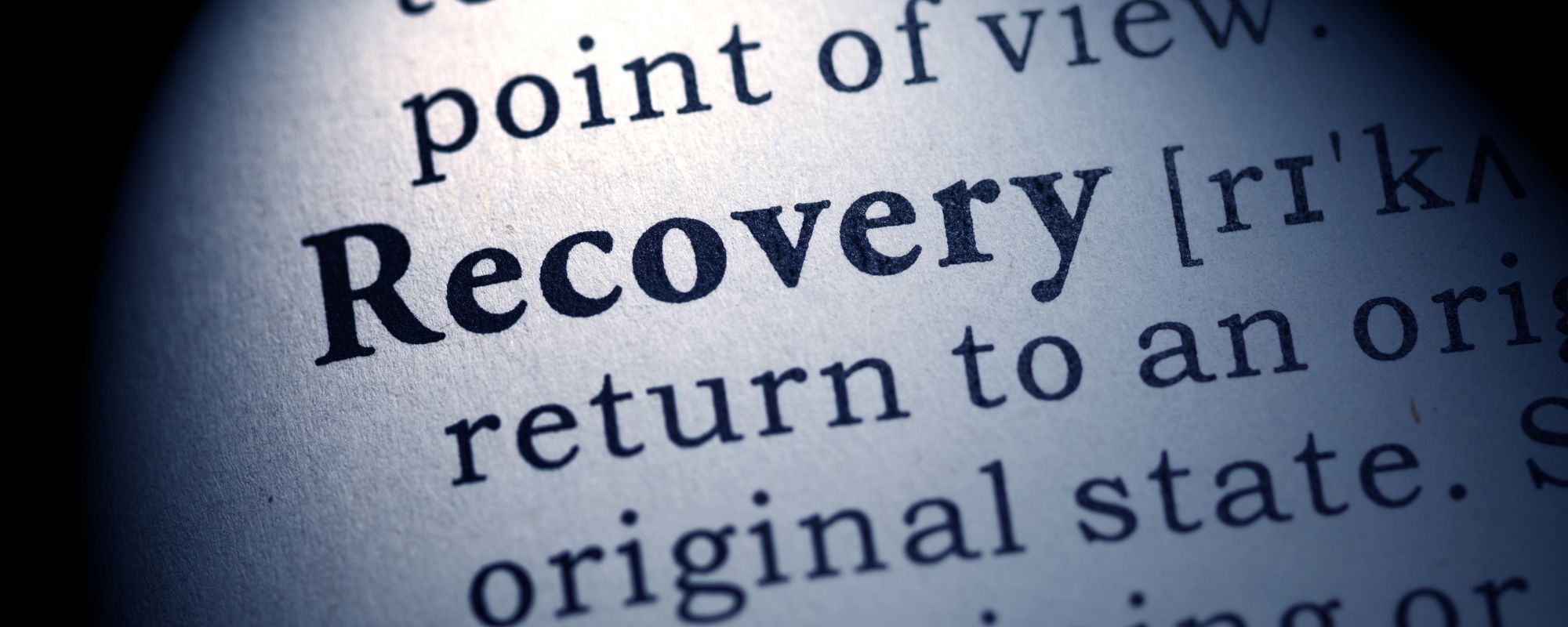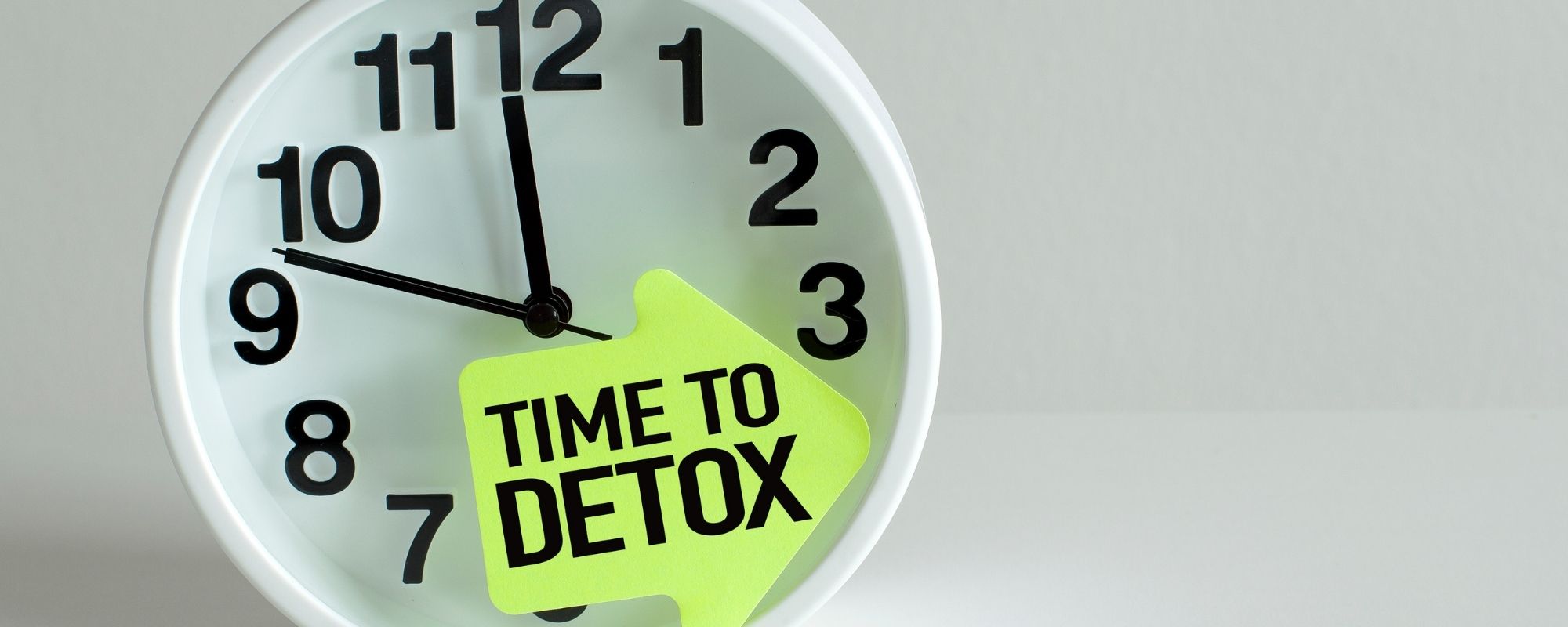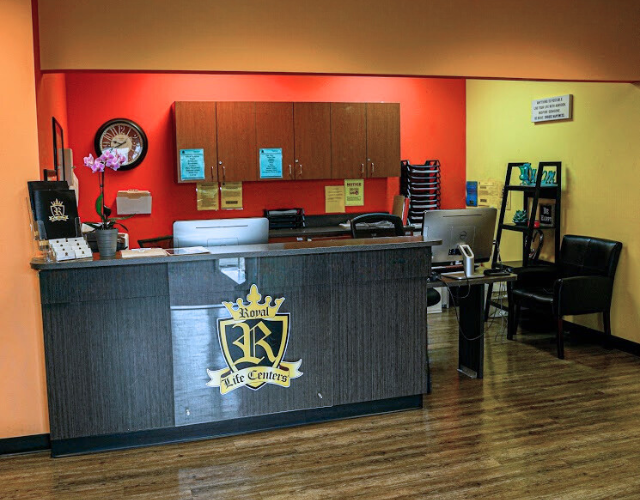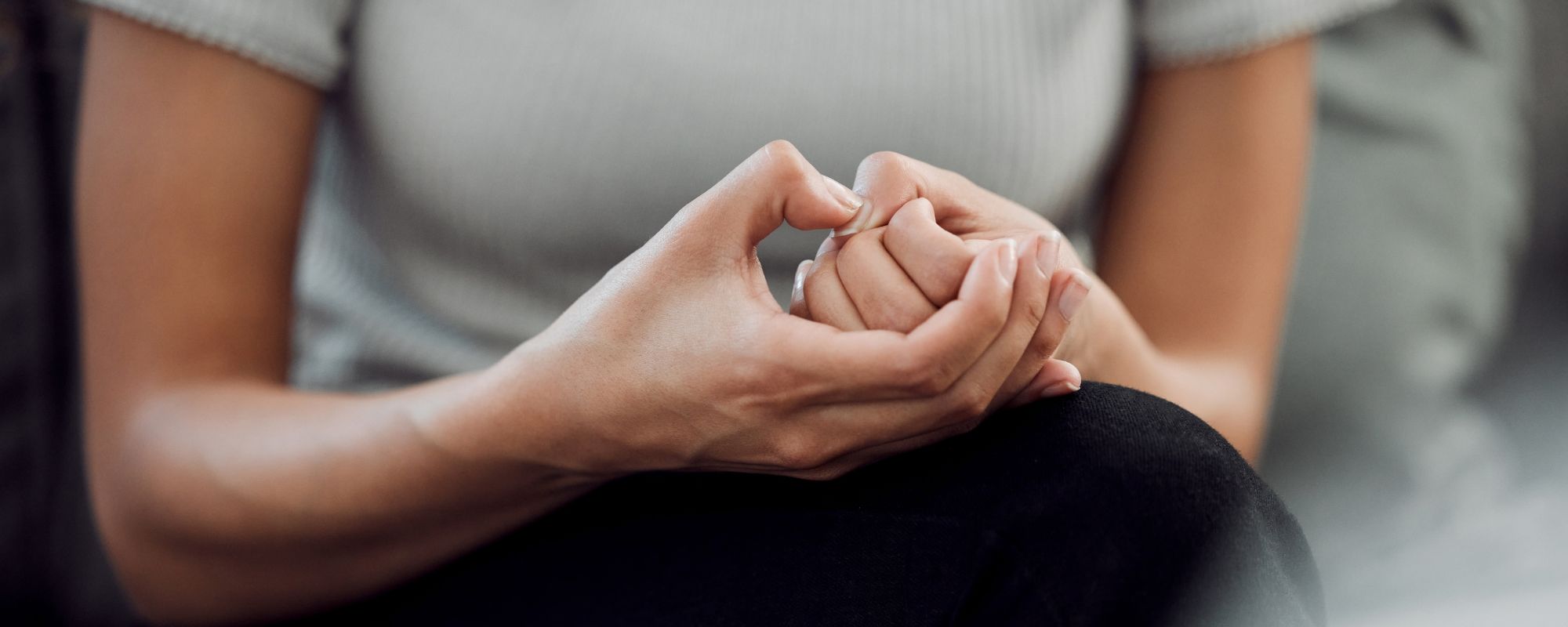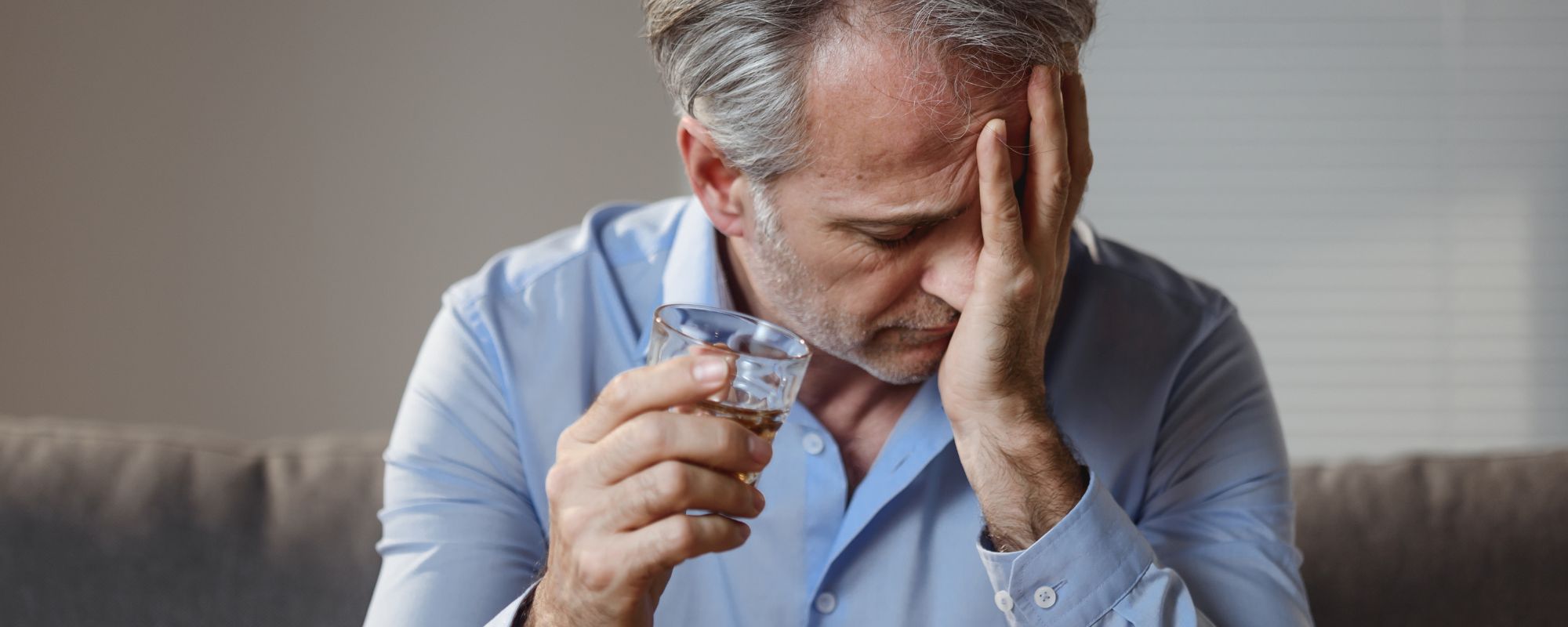Recovery from drug and alcohol addiction is a deeply personal journey filled with challenges, growth, and self-discovery. During this time, it’s common to want to reconnect with the world in healthy ways—including dating. While forming new relationships can be a rewarding part of life, dating in recovery carries unique risks that deserve careful consideration.
If you’re early in your sobriety or still finding your footing, here’s why it’s important to approach dating with caution.
1. Early Recovery Is a Time for Self-Focus
The first year of recovery is typically recommended as a time to focus entirely on your healing. During this stage, you’re learning new coping mechanisms, building a sober lifestyle, and rebuilding trust with yourself and others. Dating can be emotionally intense and may distract you from these essential goals.
Romantic relationships often bring up insecurities, emotional triggers, or codependent patterns—things that can easily derail your recovery if you’re not emotionally grounded yet.
2. Risk of Replacing One Addiction with Another
In recovery, there’s a concept known as “cross-addiction”—replacing one compulsive behavior with another. The emotional highs of a new relationship can mimic the dopamine spikes once triggered by drugs or alcohol, making love or sex feel like a new form of escape.
When the relationship ends or experiences conflict, the emotional fallout can increase the risk of relapse as you seek comfort or relief from pain.
3. Relationships Can Trigger Old Patterns
Addiction often involves patterns of unhealthy relationships—such as enabling, manipulation, or emotional dependence. Without enough time in recovery to identify and change those patterns, you may find yourself repeating them with new partners.
In recovery, it’s vital to approach relationships from a place of emotional stability, not survival. That takes time, therapy, and self-awareness.
4. Emotional Vulnerability Can Be Dangerous
Dating opens the door to emotional highs—but also heartbreak, rejection, and insecurity. These emotional stressors are difficult for anyone to handle, let alone someone in early recovery still learning how to manage feelings without substances.
Even a seemingly small romantic conflict can feel overwhelming and lead to impulsive decisions if your coping skills aren’t firmly in place.
5. Boundaries and Honest Communication Are Still Developing
Healthy relationships require clear boundaries, open communication, and emotional regulation—skills that often take time to develop in recovery. Rushing into dating before you’re ready can lead to misunderstandings, dependency, or conflict that undermines your progress.
You owe it to yourself—and any potential partner—to show up fully present, emotionally stable, and honest about your recovery journey.
Reach Out for Help With Addiction and Co-Occurring Mental Health Disorders
Are you struggling with substance abuse and mental illness?
Royal Life Centers at the Haven Detox is here to help you recover. Because We Care.
What to Do Instead of Dating in Recovery
While it’s okay to want connection, there are other healthy ways to build relationships and strengthen your support system during early recovery:
Join a recovery group or sober community
Reconnect with family or trusted friends
Work on your relationship with yourself through therapy or journaling
Volunteer or get involved in group activities that align with your values
When you’ve built a strong foundation and feel emotionally stable, dating can become a healthy and enriching part of your life. Until then, consider making your recovery your first relationship.
Aftercare in Lacey, WA Can Help
Aftercare is a crucial component of long-term success in drug and alcohol recovery, providing ongoing support and structure after formal treatment ends. At our Lacey, WA facility, we offer personalized aftercare plans designed to help clients maintain sobriety, navigate daily challenges, and build a fulfilling life in recovery. Through regular therapy sessions, peer support groups, relapse prevention planning, and access to local community resources, our aftercare services help individuals stay connected, accountable, and supported every step of the way. Recovery doesn’t stop when treatment ends—and with the right aftercare, lasting change becomes possible.
If you’re worried about dating in recovery, then our aftercare resources may be helpful. Reach out to learn more.
Getting Help from a Lacey, WA Treatment Center
Dating while in recovery is not inherently wrong, but it comes with serious emotional and psychological risks—especially in early sobriety. Prioritizing your healing doesn’t mean you’re giving up on love; it means you’re giving yourself the best chance at a healthy relationship in the future. A treatment center for drugs and alcohol in Lacey, WA can help you navigate this challenging time so you can focus on what matters: getting sober.
Take your time. Trust the process. The right relationships will come when you’re ready—not when you’re lonely.
- How Washington State Rehabilitation Centers Can Transform Your Life - January 26, 2026
- How Washington State Rehab Centers Support Long-Term Recovery - January 19, 2026
- Xanax Rehab in Washington State: Where to Get Help - January 12, 2026













